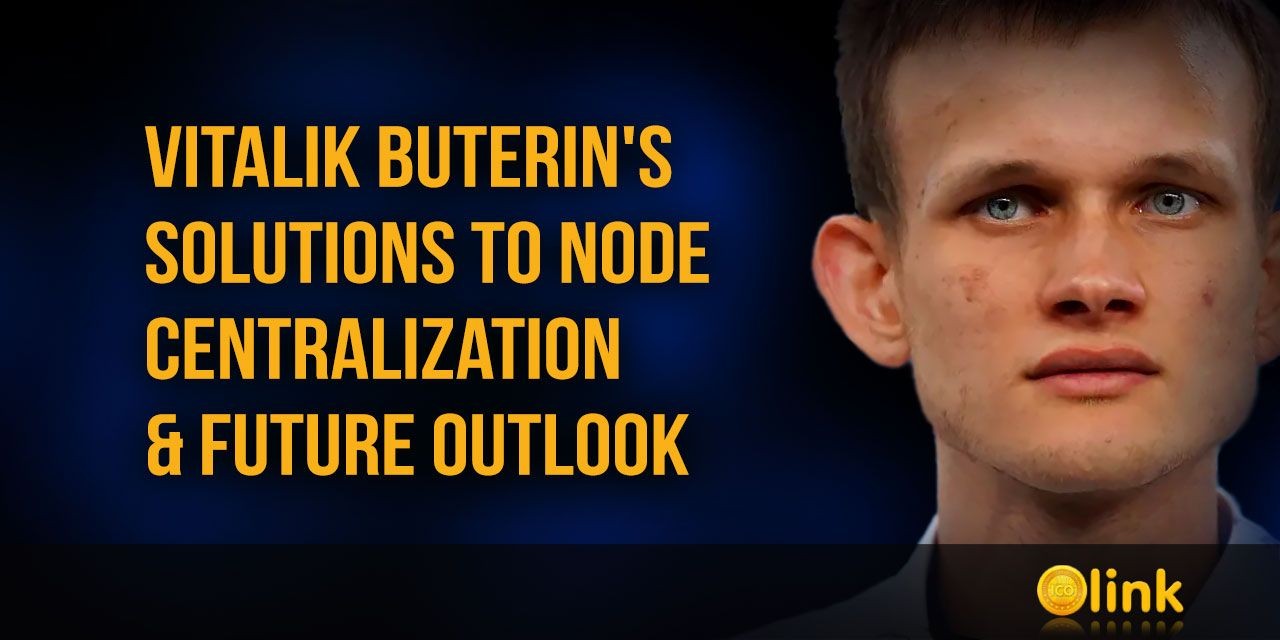Vitalik Buterin's Solutions to Node Centralization & Future Outlook
Decentralizing Ethereum: A Deep Dive into Node Centralization and its Solutions
As the world of cryptocurrency continues to evolve, challenges arise that threaten the very essence of what these digital currencies promise: decentralization. Vitalik Buterin, co-founder of Ethereum, has raised the alarm on an issue central to the Ethereum community. This revolves around the undue centralization of Ethereum nodes, and the potential risks associated with it.
Ethereum stands as the second largest cryptocurrency by market value. While it boasts a strong network with 5,901 nodes, there lies a significant concern beneath this impressive number. A large majority of these nodes lean heavily on centralized cloud providers, Amazon Web Services being a prime example.
Such centralization creates a potential point of failure for the Ethereum blockchain. This is in stark contrast to the principle of decentralization, which is the very backbone of cryptocurrency ideology.
Addressing this challenge, Buterin presents a forward-thinking solution: simplifying the process of setting up and running an Ethereum node. He pinpointed the current complexity and resource-intensiveness of operating a node, stating, "Today, you need hundreds of gigabytes of storage to run a node."
Buterin's vision for the future of Ethereum nodes is revolutionary. He proposes a shift towards stateless network clients, allowing nodes to function with nearly zero resources. This transition will not only make the process more affordable but also more accessible to the everyday user. He envisions a future where "you can run an Ethereum node literally on your phone."
Although the idea seems groundbreaking, implementing it is no simple task. Technologically, realizing this vision poses a significant challenge. Buterin himself estimates a timeline of a decade, or possibly even two, to fully address and solve the node centralization problem.
As Ethereum grows, scalability remains at the forefront of concerns. Buterin emphasizes its critical nature for the immediate future of Ethereum. Ensuring that the network can handle more transactions and participants without compromising on speed or security is pivotal.
The issue of centralization doesn't end with nodes. Recent buzz within the Ethereum community highlights concerns regarding Lido Finance's increasing dominance in the ETH staking market. This dominance poses another threat to the decentralization of the Ethereum network.
Decentralization is the heart and soul of cryptocurrencies, and Ethereum is no exception. As challenges like node centralization emerge, it becomes imperative for key players and the community to rally together, finding innovative solutions to uphold the founding principles of the blockchain. With visionaries like Buterin at the helm, the future of Ethereum looks promising, though not without its share of challenges. The road ahead is long, but the goal of a decentralized, robust, and scalable Ethereum network remains clear.






